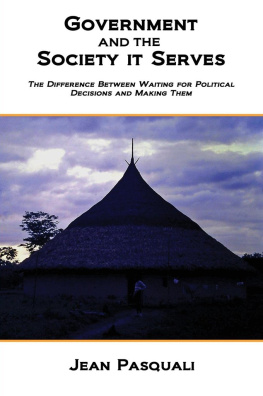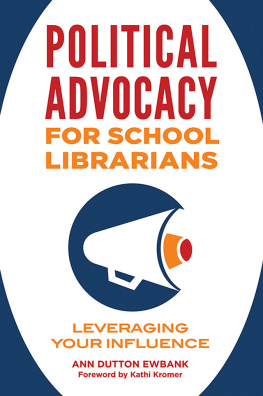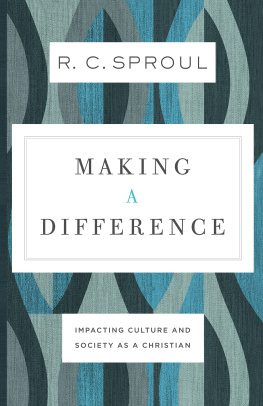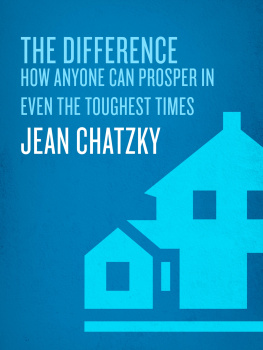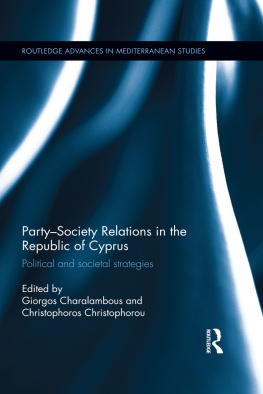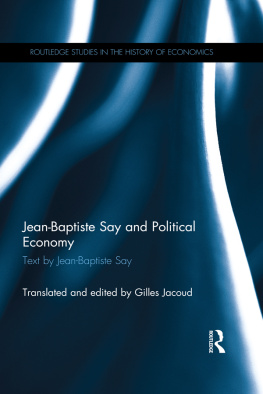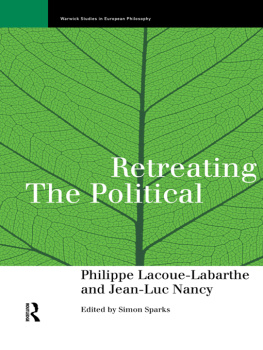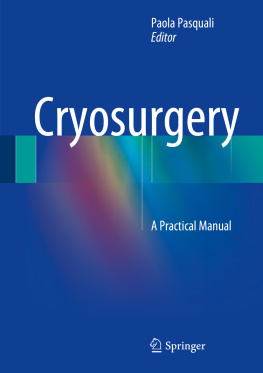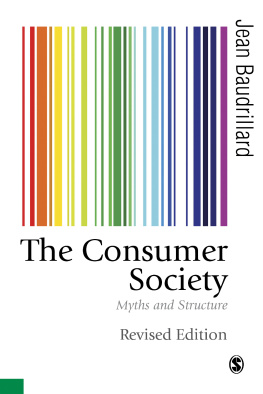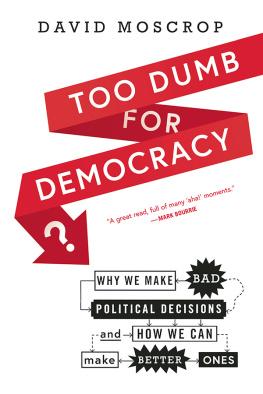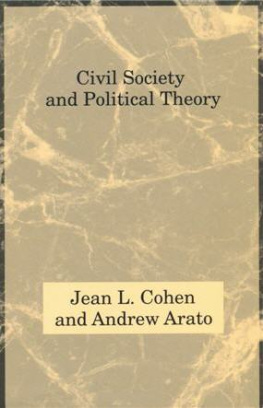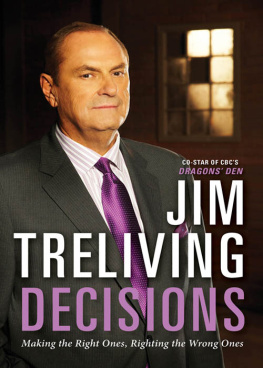Published by Mentation Publications
http://www.MentationPublications.com
Copyright 2014 by Jean Pasquali
All rights reserved. No part of this document can be reproduced by any means without the expressed written consent of the author
Cover design by Daniel Ramon Bisque
Published in the United States of America
Library of Congress Cataloging-in Publication Data
ISBN-13: 978-0-9903511-0-8
Pasquali, Jean, 2014, Government and the society it serves: The difference between waiting for political decisions and making them: Arvada, Colorado, Mentation Publications, v2, 284 p.
DEDICATION
This book is dedicated to common citizens of all countries, especially to those in dear need for a better future for themselves and their society.
This book may be useful:
1. If you are completely satisfied with your government, it will show how exceptional you are.
2. If your government needs repair, you will find ways to attempt it.
3. If you are not sure if your government, or any other one, needs some fixing, it will help you to check it out.
4. If you find Politics boring, it will help you make sure that is really the case.
5. If you need some help deciding which candidate best represents your interests, you may not get any help at all, but it may still be entertaining reading.
Guiding thoughts:
Experience, knowledge and ability of a nation are not concentrated in government; they are dispersed through society in general.
Free communication is essential to the existence of citizens power.
Two are capable to tie down a third
PROLOGUE
Men might as well be imprisoned, as excluded from the means of earning their bread.
John Stuart Mill
About the Author
Why should you read this book? It is mostly about you, human nature, and your needs for a better government. You will recognize yourself, your problems, your feelings and your reactions to past and present situations. You may find evidence that will make you feel satisfied with your government and, probably, also to wish for some changes.
The book is also about me. I found myself in a country with great economic and social problems, accompanied by a very high crime rate, that have transformed society into an environment that has lost most of the advantages for which it exists.
What is a citizen to do that may contribute to the solution of a problem that, at any one time, is orders of magnitude larger than the capacity of one individual? Mentation is what seems to be useful and safe.
I have always found helpful and entertaining to learn something about the authors of the books I was about to read, even when their biographic data did not seem to be relevant to their content. To fill that requisite for the reader, I was born in southern France in 1938 from Italian parents. The Second World War made enemies of France and Italy; although my parents remembered and told me only good things about their stay in France. We returned to Italy when I was 18-month old and starting to speak French. My father was called to military service and became a soldier in the health division of the Italian army.
Because Italy, after the war, was economically not a good place to be, my father immigrated to Venezuela, where foreigners were welcome and where work opportunities were plentiful. My mother and I soon followed; there were not brothers or sisters.
I enjoyed everything about Venezuela, all was new and the social environment friendly and relaxed. In a few months I had no doubts that I was where I belonged. I did well in school and felt attracted by activities that had to do with the outdoors like geology, mining, and exploration of any kind. In secondary school I was exposed to a lot of political discussions that had to be done under cover since the dictatorship of the times did not approve of them. I was well aware of them, but I did not take an active part. I felt that it was not a matter for people of my age; it could have been dangerous.
I started my university studies at the Faculty of Engineering of the Universidad Central de Venezuela with the support of my family and a scholarship from Shell Oil Company. The following year I was granted a full scholarship to study in the United States. At the Colorado School of Mines I graduated as a Geological Engineer in 1960. That year I married. I also went on for a M. Sc. in Geochemistry and graduated in 1962.
I returned to Venezuela in 1962 to work for Shell Oil as a field engineer in the Maracaibo Basin. Although I felt deeply grateful to Shell, the routine of the job and an uncomfortable technical, scientific, and human relations environment at the field camp prompted me to look for an academic position. I won the first place of a nation-wide opposition contest for the position of Instructor in General Chemistry at the Faculty of Sciences of the Universidad Central de Venezuela (UCV).
At that time the Venezuelan government launched a regional geologic exploration for the extensive area along the border with British Guyana. This exploration was related to the forthcoming independence of that colony and an old territorial border dispute. The Ministry of Mines and Hydrocarbons (MMH) asked UCV to give me a leave of absence because they needed an exploration geochemist for that project. At the moment I was the only Venezuelan geochemist. The leave of absence lasted a few years, until I returned part time to the teaching and research position.
During my period at the MMH I was granted a scholarship by that organization and earned a Ph. D. from the Colorado School of Mines in 1972. I also became a member of the National Commission of Nuclear Matters of Venezuela where I represented the MMH. Later, I held the position of Head of the Raw Materials Division of the executive branch of that Commission which was in charge of the national uranium exploration program.
When nuclear energy lost much of its appeal, I returned full time to the UCV where I taught several subjects in Geology, Geochemistry and Analytical Chemistry, and did research mostly related to the regional geochemical prospecting of the Guyana Shield of southern Venezuela. These activities allowed me to have extensive contact with many people of very different positions within society. This in turn gave me the opportunity to store an ample cross section of opinions on several subjects, including government and politics; which I consider a treasure.
In 1995 I administratively retired from the UCV, but went on teaching and doing research mainly through the direction of undergraduate and graduate theses. In the same period I participated in a joint exploration venture with a US private company and did some consulting for the research unit of the national oil company PDVSA.
My feelings associated with the national situation indicated above can be summarized by a mixture of them. On one side, I perceived a decline of unity and brotherhood in a society whose members used to be friendly, would freely express their problems, and would not hesitate to ask for aid or to offer it if the need was detected; the seeding and cultivation of resentment and pugnacity between social groups; and a constant bombardment of insults and accusations by some people in power, done without presenting evidence or pressing formal charges. I was not prepared to feel so much sadness for such a long time.

